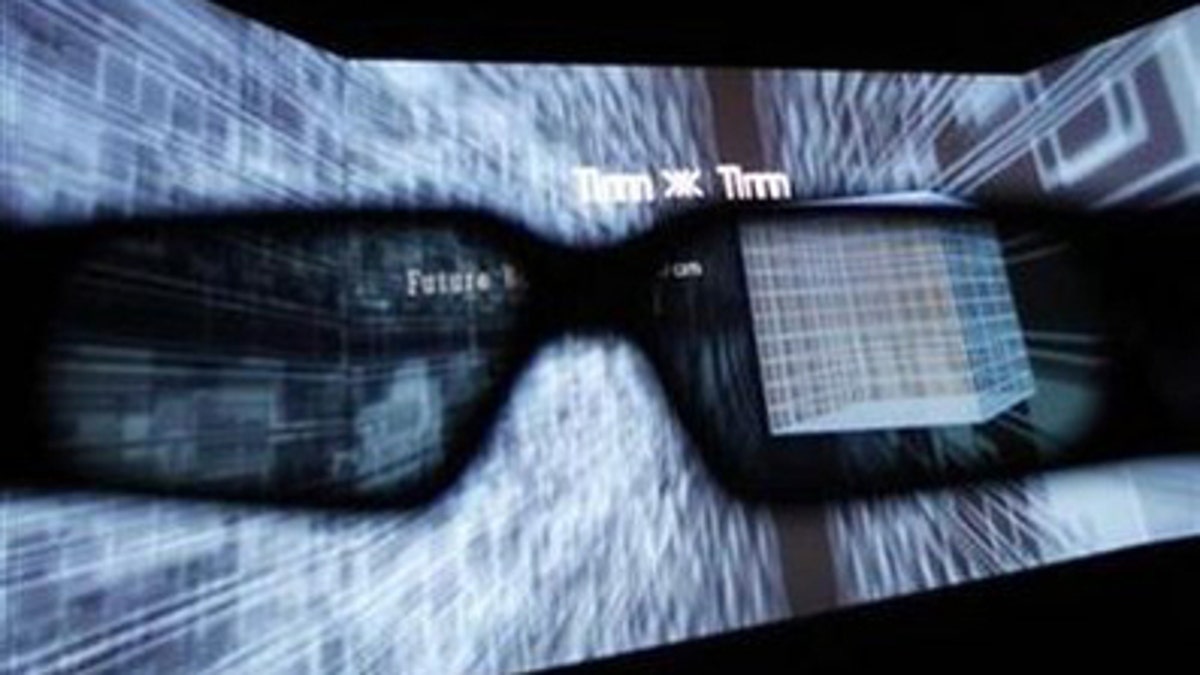
June 23, 2010: A 3D display is seen through glasses during a demonstration by virtual reality content and technology provider Solidray at the 3D and Virtual Reality Expo in Tokyo. (REUTERS/Yuriko Nakao)
Virtual reality isn't just fun for kids — it might also be able to help many stroke patients on their way to recovery, hints a Canadian summary of the research on the technology.
Virtual reality could turn out to be an inexpensive way for patients to intensify their rehab efforts after stroke, Dr. Gustavo Saposnik, who led the new work, told Reuters Health.
But Saposnik, who directs the Stroke Outcomes Research Unit at St. Michael's Hospital in Toronto, added that the technology still isn't ready for primetime.
Nearly 800,000 Americans suffer a stroke each year, and more than 137,000 of them die, according to the American Stroke Association. Those who make it are often left with crippling brain damage, which can cause paralysis, speech problems or memory loss.
To see if video games or virtual reality systems such as Nintendo Wii, PlayStation EyeToy, Sony Glasstron and CyberGlove could help these people recover some of their movement, Saposnik and colleagues pooled the best existing evidence on the question.
Their findings, based on 12 earlier studies, appear in the journal Stroke. Five of the studies directly tested the technology against standard rehab such as physical therapy, while the rest used weaker research methods.
In total, 195 patients who were partly paralyzed and had problems moving their arms took part in the research. Depending on the study, they trained daily on the virtual reality systems for an hour or so over two to six weeks.
Combining the results of the studies, the researchers found the patients had five times the odds of improving their grip and other movements if they had virtual reality training added to standard rehab.
Based on the seven weaker studies, stroke patients also became about 20 percent better at simple tasks such as moving their fingers independently after using virtual reality.
One reason for the improvements may be that playing the games speeds up the brain's ability to change and rewire itself, researchers said.
Previous findings suggest virtual reality technology may also help people with dementia and Parkinson's disease.
But much of the research is limited — and that includes the new results. For instance, all of the studies analyzed were small and they only examined people with mild to moderate stroke, so more research is needed before doctors start recommending the technology, Saposnik said.
What's more, virtual reality doesn't provide the same assistance as a therapist, said Dr. Joel Stein, a rehab expert at Columbia University in New York.
As a consequence it might only be for people who can move pretty well on their own, Stein told Reuters Health. The advantage, on the other hand is that it might keep people committed to their rehab.
"If we can make it fun and engaging then eventually it is helpful and important," Stein said.







































